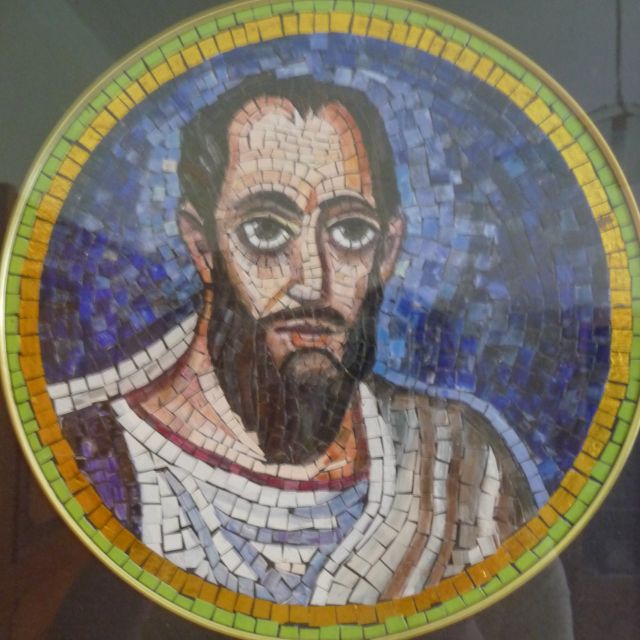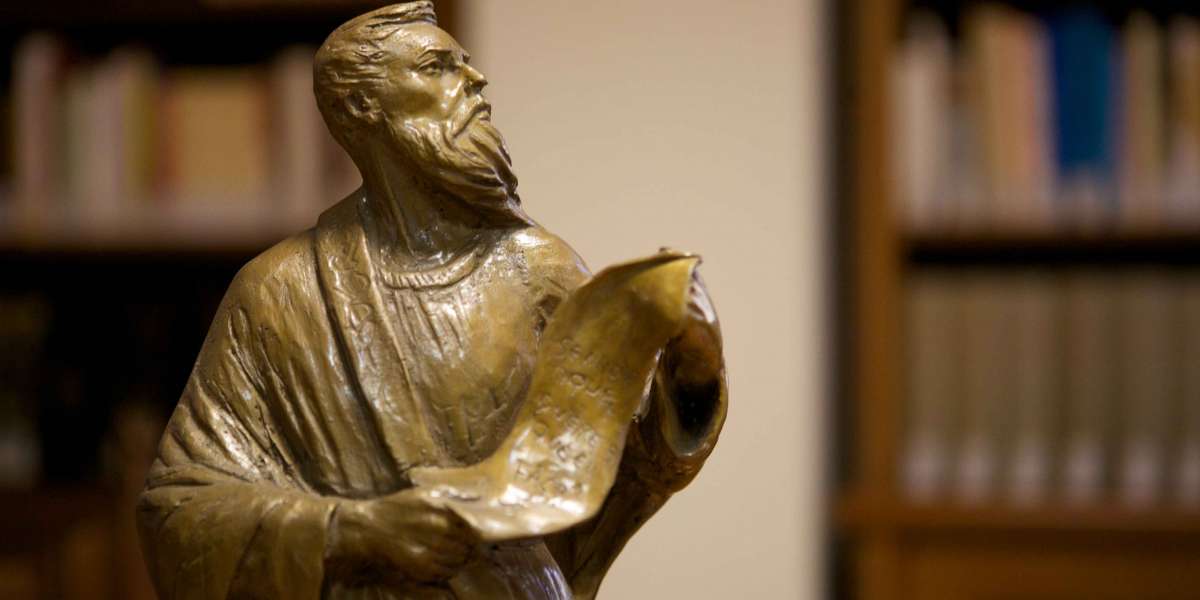Published
25.01.2017
25.01.2017
St Paul’s election and vocation

We reflect today on the election and vocation of St Paul. Both the evangelist Luke, in his Acts of the Apostles, and St Paul in his letters write various times about the great event of his conversion and of Christ’s revelation to him before the gates of Damascus. “When God, who had specially chosen me while I was still in my mother’s womb, called me through his grace and chose to reveal his Son in me, so that I might preach the Good News about him to the pagans, I did not stop to discuss this with any human being” (Gal 1:15). Paul’s election to take part in the great work of evangelization, did not happen during his earthly life, but before he saw the light of day. As with the prophet Jeremiah (cf. Jer 1:5) Paul is convinced that his election took place at the beginning of his existence in his mother’s womb. There were about twenty years between his election and his encounter with Christ before the gates of Damascus. What happened in those years?
Paul had from his youth a very strong religious yearning. Therefore he chose the most challenging interpretation of the Jewish law and became a Pharisee. He left his home town Tarsus – situated in what is today Eastern Turkey – to study theology with the highly-respected Gamaliel in Jerusalem. He followed in a very determined way the observance of the Mosaic law which one could call him a perfectionist. He described himself as ‘ardent in God’s service’ (Act 22:3). The group which had formed around Jesus and proclaimed him as the promised Messiah was considered by Paul as a dangerous threat to the purity of the Jewish faith. Consequently, he thought he had to fight this group with force. He had a heated temperament allied with a strong religious leaning and thought that he was doing good, something pleasing to God, by persecuting the first followers of Jesus.
God allowed Saul to pursue his idea. God allowed that the first Christians had to undergo suffering. What a mystery. How much must the Christians have suffered for example when one of their best, Stephen, had to suffer death for his witness to Christ. We cannot grasp God’s ways. They are wonderful, even if our minds cannot penetrate them. The very man through whom God’s faithful suffered was chosen to become the great spiritual leader of the young Church.
When leaving the elders in Ephesus Paul testified: “But life to me is not a thing to waste words on, provided that when I finish my race I have carried out the mission the Lord Jesus gave me – and that was to bear witness to the Good News of God’s grace” (Act 20:24). Paul was elected and chosen to give witness to the gospel of God’s grace. God ordained that his great messenger should experience first himself the mystery of God’s grace and mercy in his very existence. The one who had received grace, became the herald of grace. When Paul spoke about God’s grace and mercy, he spoke out of an overwhelming personal experience of God. Paul did not only proclaim a sublime truth, but a truth through which he had personally lived.
